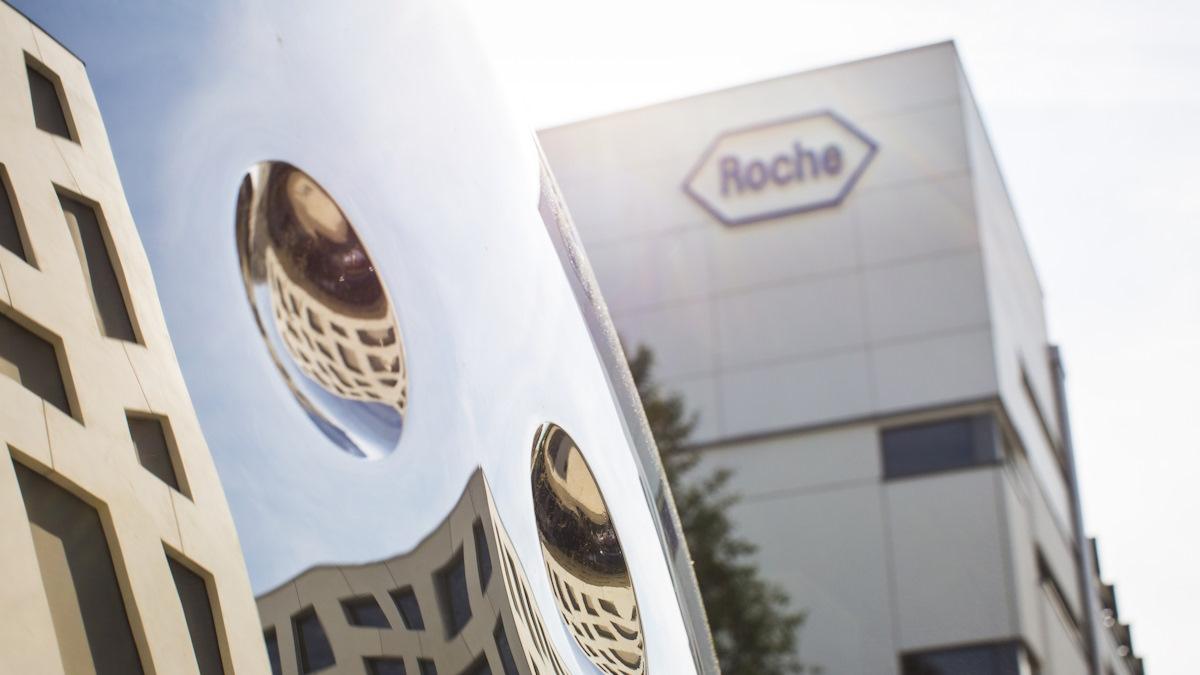Roche gets FDA green light for breast cancer drug Itovebi

The FDA has given Roche its first regulatory approval for PI3K inhibitor Itovebi, clearing the drug as part of a triple therapy for certain types of locally advanced or metastatic breast cancer.
Itovebi (inavolisib) – one of a pair of new drugs reaching the market this year that Roche expects to help drive its growth in the coming years – can be used in combination with Pfizer's CDK4/6 inhibitor Ibrance (palbociclib) and anti-oestrogen drug fulvestrant in patients with advanced hormone receptor-positive, HER2-negative breast cancer with a PIK3CA mutation.
In the phase 3 INAVO120 study, the combination was shown to be more effective at preventing disease progression or death than Ibrance/fulvestrant alone when used as first-line treatment for these patients.
Progression-free survival more than doubled to 15 months with Roche's drug compared to 7.3 months for the control group, and there was also a trend towards improved survival with the triplet therapy, which is continuing to be analysed.
The approval marks the culmination of a long road for Roche in bringing a PIK3CA-targeting drug to market, as its first candidate, called taselisib, was abandoned on safety grounds. It is also the company's first targeted therapy for HR-positive breast cancer, the most prevalent subtype.
PIK3CA mutations are found in approximately 40% of HR-positive breast cancers and are linked to faster tumour growth, disease progression, and treatment resistance, so, the potential patient population that could be targeted by inavolisib if approved is pretty large. Roche has predicted sales of Itovebi could eventually reach CHF 2 billion ($2.3 billion) a year.
Novartis' Piqray/Vijoice (alpelisib) is the only PIK3CA inhibitor to have reached the market for breast cancer, having been cleared in 2019 as a second-line therapy alongside fulvestrant for this group of patients whose cancer has progressed on or after endocrine-based therapy.
It made $229 million in sales in the first six months of this year, a decline of 6% on the previous year, likely because it is facing competition from AstraZeneca's AKT inhibitor Truqap (capivasertib), which was cleared by the FDA to treat HR-positive and HER2-negative locally advanced or metastatic breast cancer with PIK3CA, AKT1, or PTEN mutations last November. At one point, Novartis was predicting blockbuster sales for Piqray.
Roche has said it intends to launch Itovebi in the US within the coming weeks, but hasn't yet revealed its pricing plans for the new drug.
"Despite the high prevalence of PIK3CA mutations in this setting, treatment options have thus far remained limited, which makes today's approval all the more significant," commented Roche's chief medical officer, Levi Garraway.












